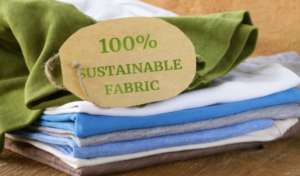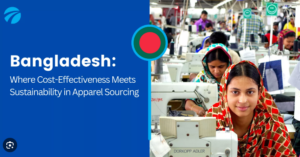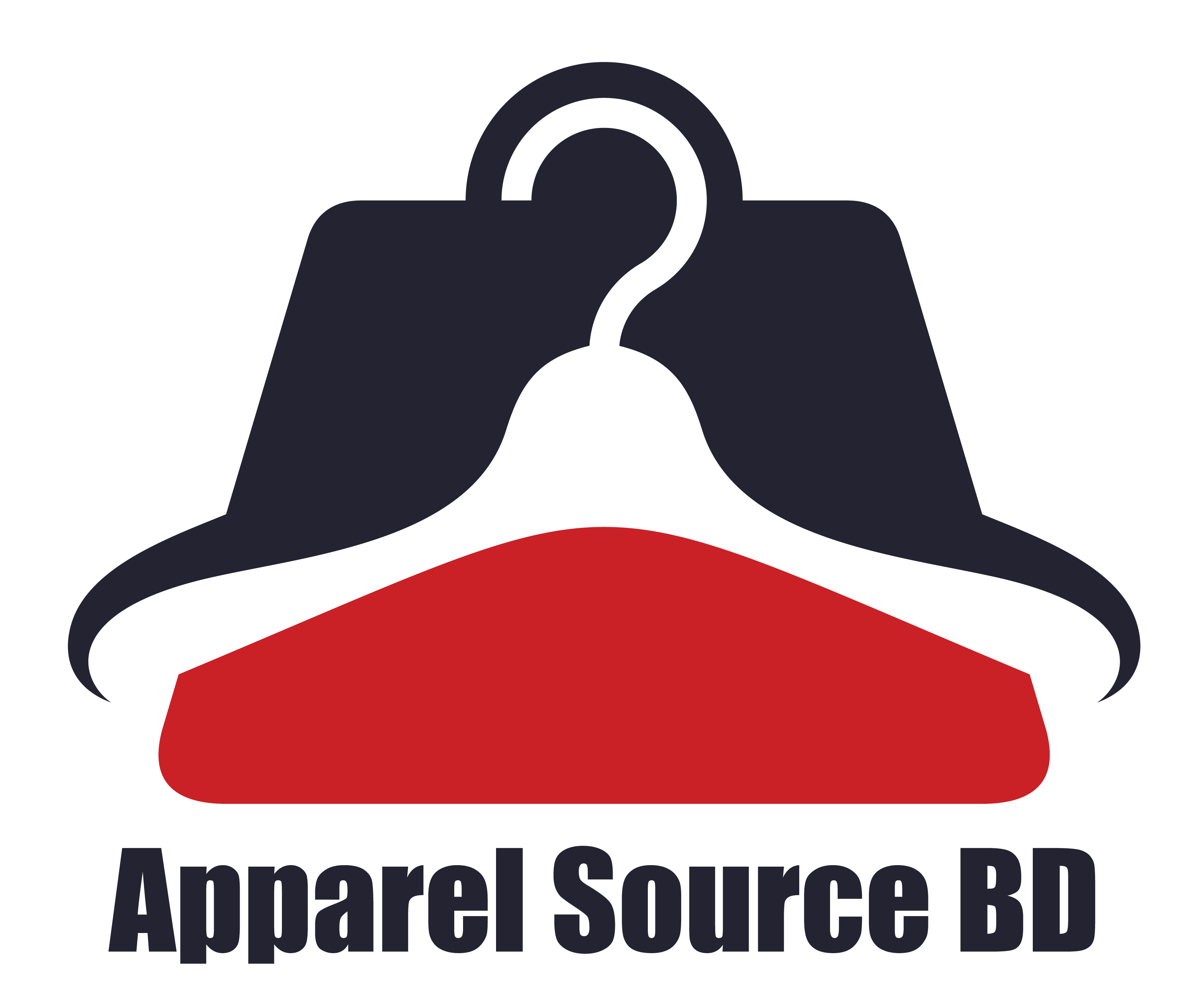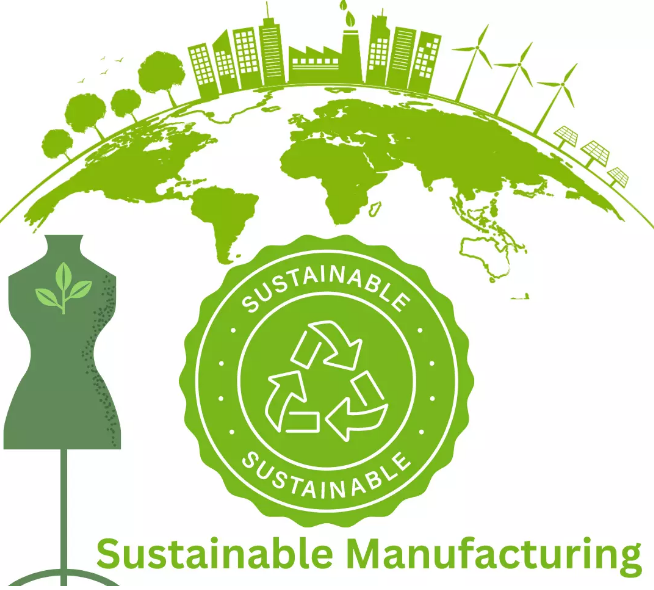Sustainable fashion is a term describing efforts within the fashion industry to reduce its environmental impacts, protect workers producing garments, and uphold animal welfare. Sustainability is integral to our business and planning process. Engaging our people, improving supply chain sustainability, responsibly managing our footprint and improving the lives of those along our supply chain and in the communities where we live, and work is central to our Sustainability Strategy. We set aspirational targets in accordance with best practice benchmarks, act to meet those targets, and assess and report on our progress toward achieving our goals.
Apparel Source BD Limited believe that different kind of Apparels decrease the amount for individuals to purchase luxurious Apparels as additional; therefore, less money is spent in the fast fashion industry and reduces the number of garments ending up in landfills.

One of our primary objectives of corporate social responsibility is the environment. Businesses, both large and small, have a large carbon footprint. Any steps we can take to reduce these footprints are considered both good for the company and society. We prioritize using sustainable materials such as renewable, bamboo, organic or other recycled materials for manufacturing our garments. We also only source from vendors who are also certified by internationally accredited agencies. Our network stringently follows waste, energy and air quality conservation and work out of green buildings. Every step of our products creation including packaging, fabric and garment manufacture has been considered to achieve a first-class sustainable approach and is constantly reviewed and refined with the latest initiatives and techniques to reduce wastage and environmental pollution.

Why Apparel Source BD Limited achieve it
1. Reduced Waste Generation
The global production of municipal solid waste is anticipated to rise to 3.4 billion metric tons by 2050. This is due to several factors such as consumer shopping patterns, urbanization, and population growth. Sustainable brands aim to reduce waste generation by manufacturing premium apparel from long-lasting materials. These clothing companies try to copy seasonal fashion trends, thus reducing the amount of waste generated in the long run.
2. Fair Wages and Healthy Work Environment
Most fast fashion companies that manufacture cheap clothes and launch multiple collections in a year, source their clothing from developing nations. Their workers are barely paid a living wage while they work long hours in poor safety conditions. There is a constant pressure to manufacture that contributes to an environment that results in the exploitation of workers. Moreover, frequent accusations of child labor have also been made against these brands. Sustainable clothing companies, in contrast, prioritize a safe workplace and fair remuneration for workers.
3. Reduced Carbon Dioxide and Greenhouse Gas Emissions
Sustainable clothing uses biodegradable components from natural or recycled fibers. These materials grow with no pesticide or fertilizer use, consume less energy and water, and employ no chemical treatment, thus reducing the overall carbon footprint of these brands.


